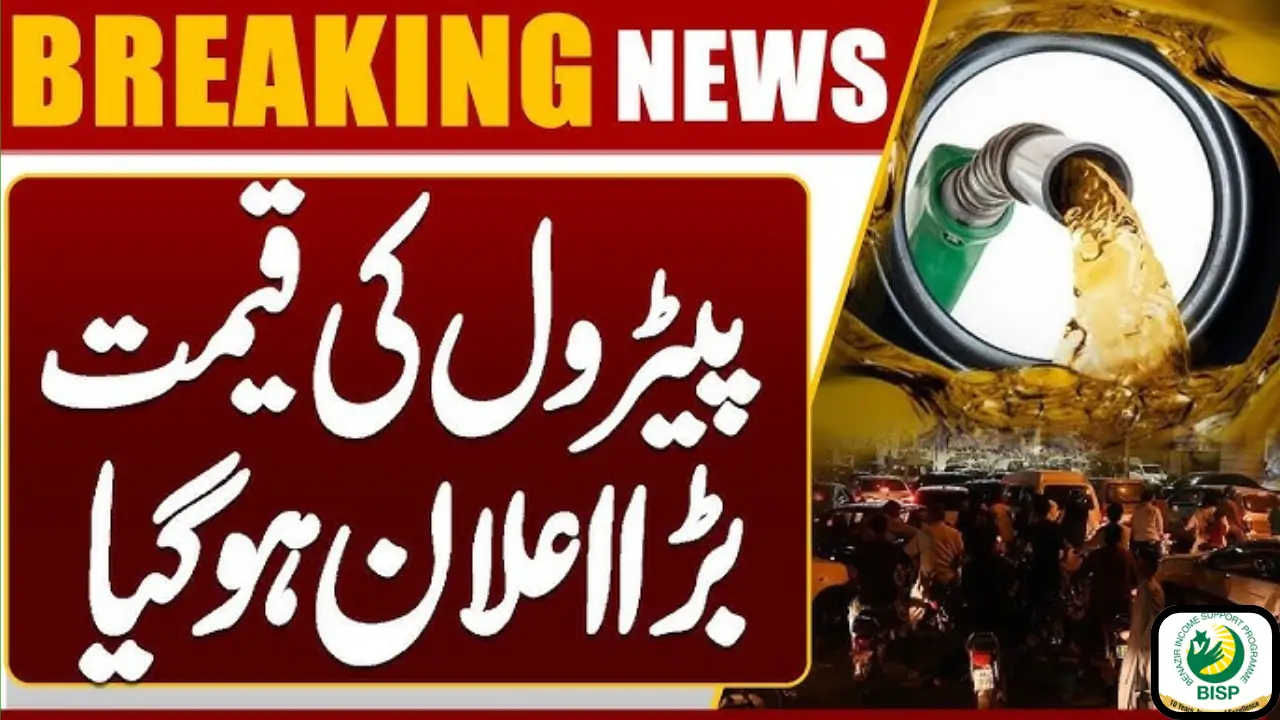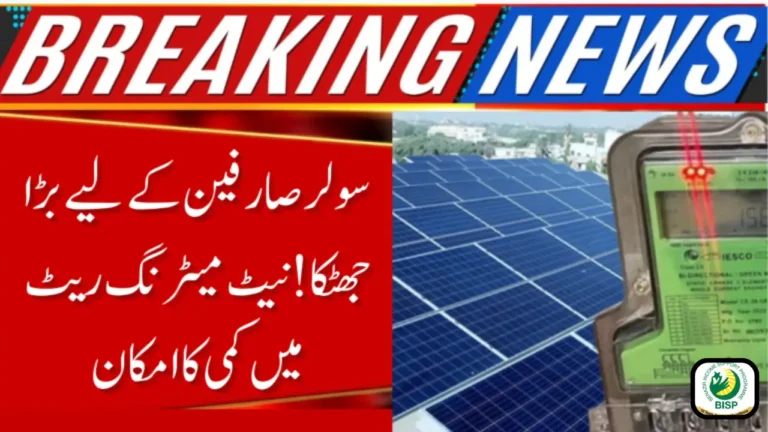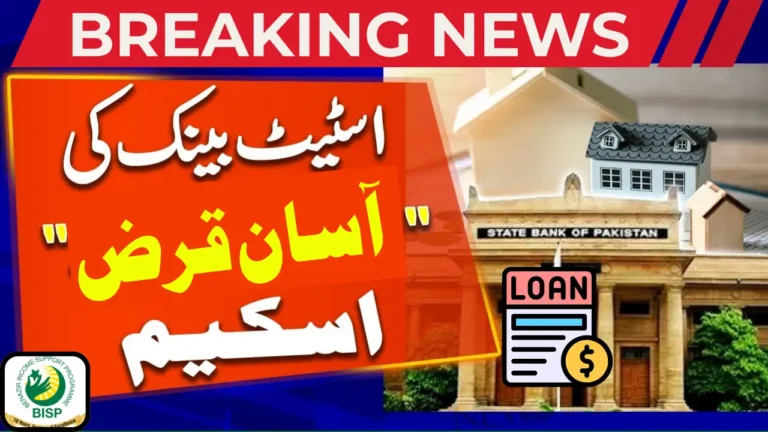Petrol Prices in Pakistan Today Latest Government Update
Petrol prices in Pakistan have remained stable, giving consumers some relief amid ongoing economic fluctuations. The government has announced that petrol will continue to be sold at Rs 265 per litre, a decision influenced by global oil market trends and domestic economic considerations. This stability is particularly important for daily commuters, transport operators, and households budgeting for fuel expenses.
Diesel, however, has experienced a slight increase, with high-speed diesel now priced at Rs 284 per litre. While petrol prices remain unchanged, this adjustment reflects the broader strategy to balance supply costs, government revenue, and inflationary pressures.
Factors Affecting Petrol Prices in Pakistan
Several factors influence petrol prices in Pakistan. International crude oil rates, exchange rate fluctuations, and domestic supply costs all play a crucial role in determining retail fuel prices. Additionally, government-imposed levies, such as petroleum taxes and support funds, directly impact the final cost at fuel stations. By considering these variables, the authorities aim to maintain fair pricing while ensuring revenue sustainability.
Petrol vs Diesel: Price Comparison
Understanding the difference between petrol and diesel pricing is essential for both consumers and businesses. Diesel is widely used in transport, logistics, and agriculture, making it more sensitive to cost adjustments. The table below summarizes the current prices:
| Fuel Type | Price (Rs per Litre) | Change from Previous Fortnight |
|---|---|---|
| Petrol (MS) | 265 | No change |
| High-Speed Diesel (HSD) | 284 | +6 |
Impact on Consumers
Stable petrol prices offer predictability for everyday expenses. Commuters, motorbike riders, and taxi operators benefit from minimal disruptions to fuel budgets. On the other hand, the increase in diesel prices could indirectly affect transportation costs for goods, influencing the prices of food and essential commodities. Businesses relying on diesel-powered machinery may also face increased operational costs.
How Petrol Prices Are Determined
Fuel pricing in Pakistan follows a structured approach. Authorities monitor global crude oil rates, assess domestic supply and demand, and account for macroeconomic factors such as inflation and currency fluctuations. Necessary levies and taxes are then applied before the final petrol price is announced. These regular adjustments, usually biweekly, help align fuel rates with market realities while avoiding sudden shocks to consumers and businesses.
Economic Implications of Fuel Pricing
Petrol prices are closely tied to broader economic stability. Stable petrol rates help reduce immediate inflationary pressures, benefiting households and small businesses. Meanwhile, changes in diesel prices can impact supply chains, logistics, and agricultural operations. Maintaining a balance between affordability and revenue collection is key to ensuring long-term economic health.
Conclusion
In summary, petrol prices in Pakistan remain at Rs 265 per litre, while diesel has increased to Rs 284 per litre. The government continues to manage fuel rates carefully, taking into account global market trends, domestic economic factors, and levy structures. For consumers, stable petrol prices help in budgeting and planning, whereas businesses must prepare for potential cost increases in transportation and production. Keeping track of petrol prices allows individuals and organizations to make informed financial decisions in a fluctuating market.






